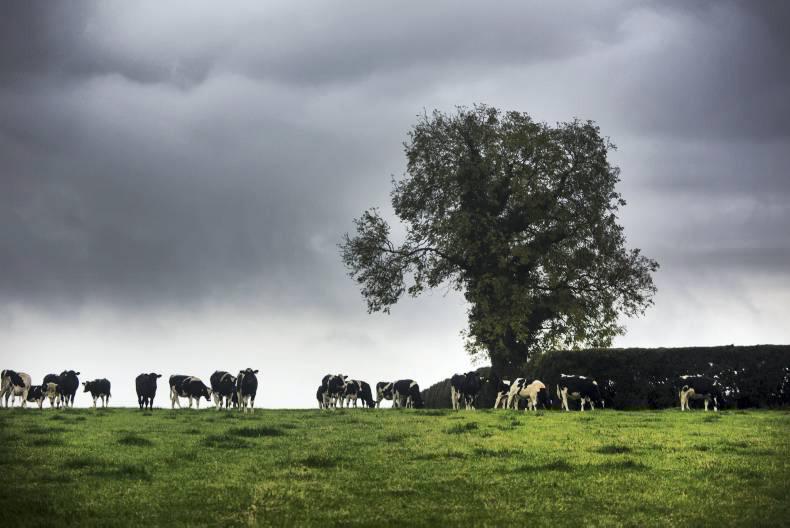Parking stands were starting to fill up with planes bearing the official marks of foreign governments at Paris Charles de Gaulle airport on Sunday afternoon, while thousands of police closed down roads and turned an entire section of the city into a fortified area.
Meanwhile, public marches in support of climate action were banned in the city in the wake of the recent terror attacks, but thousands of Parisians left shoes on the street to show their expectation of a strong agreement.
Cop21: des milliers de chaussures pour remplacer les manifestants, place de la République
https://t.co/soHeDPq8yX pic.twitter.com/ojMhotbaHy
— BFMTV (@BFMTV) November 29, 2015The 21st conference of parties to the UN Framework Convention on Climate Change (COP21) is the largest gathering of heads of state and government ever seen outside the UN General Assembly, with 150 leaders expected to attend this Monday. Each will give a three-minute speech to kick-start what promises to be 11 days of difficult negotiations on the world’s commitment to tackle global warming.
This may seem remote from Irish farms, but the decisions made in Paris will affect how all human industries are expected to contribute to efforts in cutting greenhouse gas emissions in the coming decades. The prospect has led to comments ranging from fears that carbon will become “the new quota” constraining agriculture, to hopes that Ireland’s high carbon efficiency in sectors such as dairy will turn into a competitive advantage.
Well prepared
The Paris conference has been well prepared, with most participants stating in advance what their country was prepared to achieve. The problem is that their commitments are insufficient to limit global temperature increases to 2°C this century, which most scientists consider essential to avoid large-scale damage to the environment and human civilisation.
“As of today, 183 out of 197 countries have sent their contribution,” French foreign minister Laurent Fabius, who chairs COP21, said on Monday morning. “When we add them up, we avoid the 4°C increase disaster scenario, but we fall short of the 1.5°C to 2°C that is necessary. They amount to a 3°C increase.”
The talks enjoy unprecedented support, with both the Chinese and US presidents taking part, and newly elected governments in Canada and Australia also coming on board. But there will be resistance from others, especially developing countries asking that rich nations shoulder more of the effort to let them catch up economically, and those already under direct threat from climate change through rising sea levels and changing weather patterns seeking compensation.
Emissions challenge
From a European perspective, this could mean that the EU’s commitment to cut greenhouse gas emissions by 30% between 2005 and 2030 may not be enough. Ireland was already assigned a challenging 20% cut as part of the EU’s 10% commitment by 2020.
One avenue discussed in Paris could be to agree on regular reviews of international efforts every five years instead of a single long-term agreement.
The outcome of COP21, and discussion early next year on its implementation across EU member states, will ultimately decide how much greenhouse gases Irish livestock and fertilising can emit, how much of those can be taken out of the atmosphere by Irish trees – and what the penalties would be if those targets are not met.
Read more
Editorial: Climate change conference, Paris
Farmers alone should not pay to reach climate targets, ICOS conference hears
Commissioners understand importance of farming to Ireland – Coveney






 This is a subscriber-only article
This is a subscriber-only article











SHARING OPTIONS: